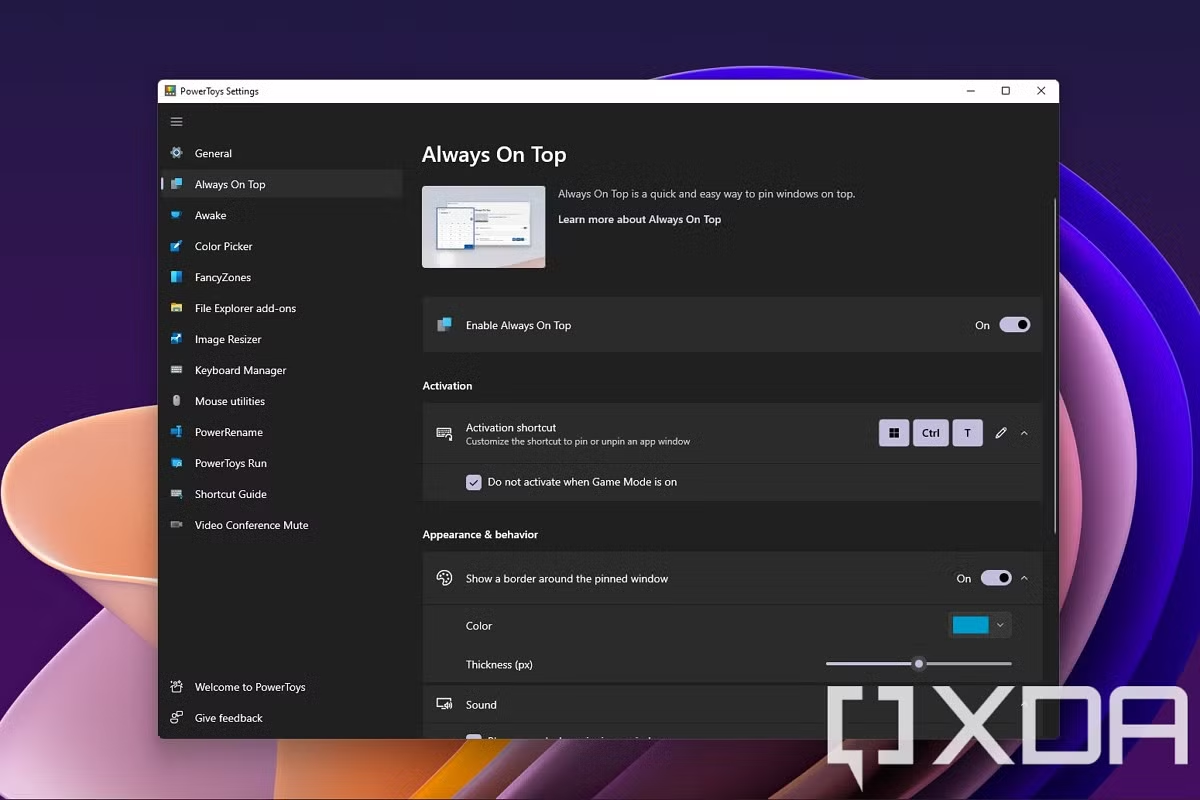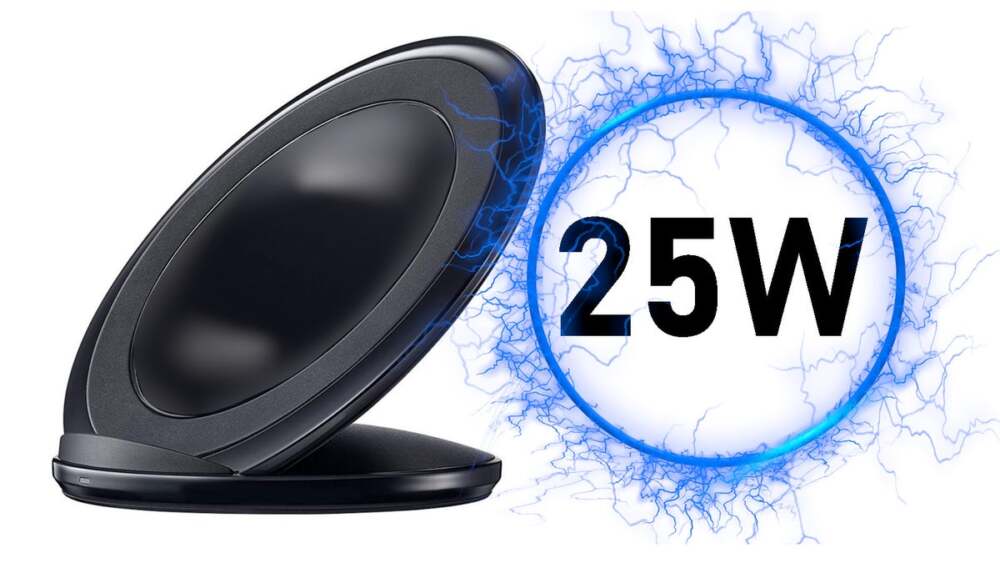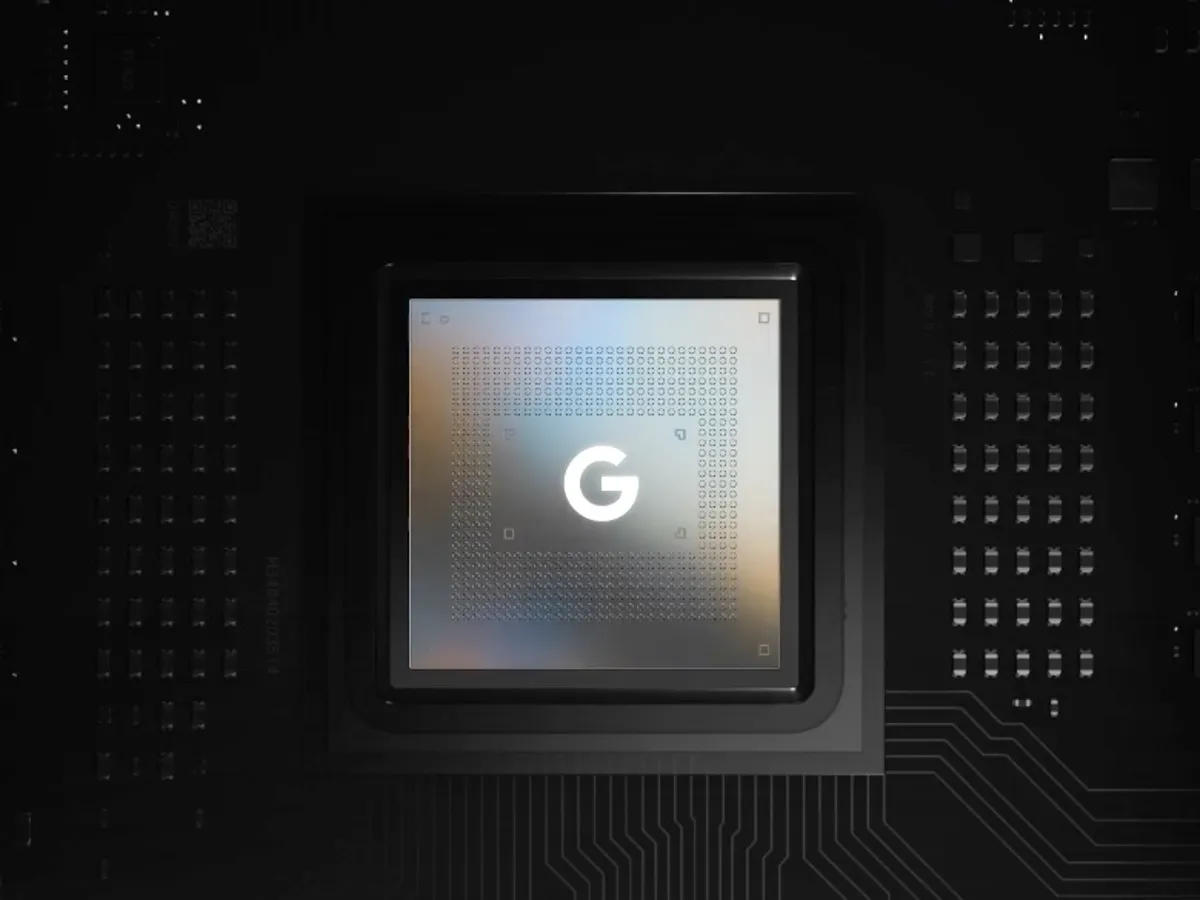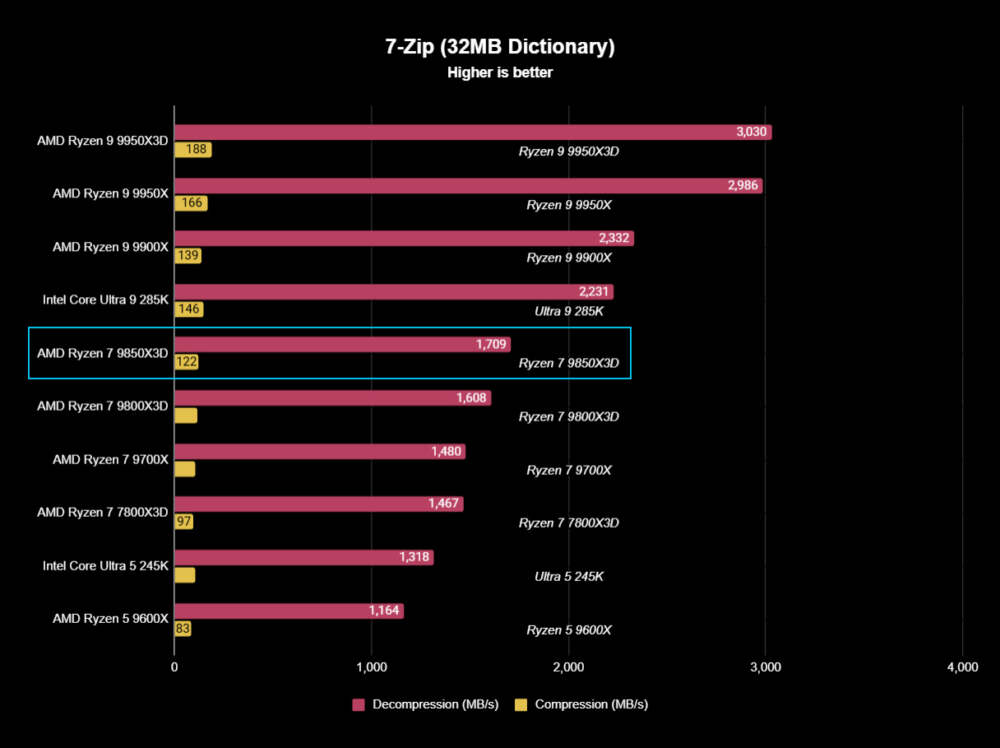Google is promising a major reset in how it approaches the smart home ecosystem, with top executives pledging to “earn back the trust” of long-time users of Google Home and Nest devices. The rare admission follows years of mounting complaints about unreliable performance, missing features, and confusing app transitions that have left many customers questioning whether Google’s smart home vision is still on track.
The statement marks a turning point for one of Google’s most ambitious yet troubled consumer ventures — one that began with optimism but has often been overshadowed by inconsistent strategy and short-lived products.
A Promising Start That Lost Its Way
When Google first entered the smart home market with the acquisition of Nest Labs in 2014, it seemed poised to dominate. Nest’s sleek thermostats and cameras were among the earliest examples of smart, connected devices that consumers trusted to manage their homes.
But as the years passed, Google’s ecosystem became increasingly fragmented. Features disappeared, product lines overlapped, and app experiences diverged. The transition from the Nest app to the Google Home app proved especially disruptive — some users lost access to familiar tools, while others were forced to reconfigure devices entirely.
Even more frustrating for many was Google’s habit of sunsetting products and services before replacements were ready. Devices such as older Nest cams, routers, and smart displays often received only limited updates or were dropped from support altogether. For early adopters who had invested heavily in Google’s ecosystem, this pattern eroded trust.
Users Demand Reliability, Not Just Innovation
In recent years, the situation worsened as Google began integrating AI more deeply into its products. The arrival of Gemini, Google’s next-generation AI model, was meant to improve the Assistant experience — but for many users, it introduced new instability.
Voice commands that once worked flawlessly began failing intermittently. Some users found their smart homes unresponsive or inconsistent, while others complained about Google Assistant’s changing tone and reduced functionality.
Across forums and social media, loyal customers voiced frustration: not at Google’s ambition, but at its lack of reliability. They wanted the system to work — consistently, predictably, and without needing constant reconfiguration.
Google’s Pledge: “We’ll Earn Back Your Trust”
Facing these frustrations head-on, Anish Kattukaran, Google’s head of Home and Nest, recently made a public commitment to rebuild confidence. His statement, circulated through community channels and press interviews, acknowledged what users have long been saying — that trust had been shaken, and only action, not words, could restore it.
Kattukaran emphasized that Google’s top priority now is stability and continuity, not simply pushing new hardware. He assured customers that existing devices will continue to receive support and that Google is working to fix long-standing bugs and inconsistencies.
“We know many of you have felt frustrated,” he said in the message. “We’re listening, and we’re committed to earning back your trust and love for Google Home and Nest.”
This marks a subtle but significant change in tone for the tech giant. In the past, Google often emphasized innovation and future projects — sometimes at the expense of older products. Now, the company seems to recognize that sustainable innovation depends on maintaining confidence in what users already own.
How Google Plans to Rebuild the Smart Home Ecosystem
Behind the scenes, Google’s engineers are reportedly refocusing efforts on creating a coherent, reliable, and privacy-centric home experience. Several major initiatives are believed to be underway:
- Improving Google Home’s Core Stability
Engineers are prioritizing bug fixes, faster response times, and smoother integration across devices. Google aims to ensure that every command — from adjusting a thermostat to activating a security camera — works without delay or confusion. - Expanding AI Responsibly
While Gemini will remain at the heart of Google’s smart assistant strategy, its rollout will be gradual and transparent. Google intends to clarify which devices can access Gemini features and how data will be processed to maintain privacy. - Supporting Older Devices Longer
One of the strongest criticisms of Google’s hardware business has been its short product lifespan. Kattukaran’s remarks hinted at a longer support timeline, ensuring that legacy Nest products remain functional and secure for years to come. - Rebuilding the App Experience
The Google Home app — once seen as confusing and inconsistent — is undergoing continuous redesign. The new version promises easier control over devices, clearer automation tools, and fewer compatibility issues. - Restoring Transparency and Communication
Google has pledged more open communication with its user base, including clearer update roadmaps, more visible changelogs, and regular community engagement.
A Competitive Landscape and High Expectations
The timing of Google’s renewed focus is critical. The smart home market is more competitive than ever. Amazon’s Alexa, Apple’s HomeKit, and emerging players like Samsung SmartThings have all advanced their platforms with greater emphasis on ecosystem reliability and data privacy.
To stay competitive, Google must demonstrate that its vision is not only innovative but also dependable. Users expect their smart homes to work seamlessly — whether they’re turning off lights, locking doors, or checking a camera feed. Inconsistent performance can quickly undermine confidence in the entire ecosystem.
Balancing AI Power With Privacy
Another challenge for Google lies in managing privacy concerns. The company’s expansion of AI capabilities — including voice analysis, context awareness, and predictive suggestions — raises inevitable questions about data security.
Kattukaran acknowledged these concerns, promising that Google’s new AI-driven features will adhere to strict privacy protections. “Our devices are designed with your privacy in mind,” he said. “You’re always in control of what data is shared and how it’s used.”
That reassurance will be tested as Google deepens the connection between Gemini and physical home devices. Maintaining transparency will be essential to rebuilding trust among wary consumers.
The Road Ahead
Google’s smart home ecosystem stands at a crossroads. If the company can deliver on its promises — stabilizing software, extending device longevity, and demonstrating genuine care for user privacy — it could reestablish itself as a trusted name in connected living.
But the company’s history of abrupt changes and discontinued projects looms large. Winning back skeptical customers will require more than updates; it will require consistent, tangible proof that Google values its users’ investments and feedback.
Still, the company’s new humility and focus signal a potentially meaningful shift. For millions of households that rely on Google Home and Nest devices daily, this renewed commitment may be the first real sign that Google is listening.
Conclusion
Google’s vow to “earn back your trust” isn’t just corporate rhetoric — it’s a recognition that trust is the true foundation of the smart home revolution. Technology can only be as intelligent as it is dependable, and after years of turbulence, Google appears ready to rebuild that dependability from the ground up.
If the company delivers, it could usher in a new era for Google’s AI-powered homes — one defined not just by innovation, but by reliability, respect, and renewed faith in the technology that connects us all.
















Leave a Reply